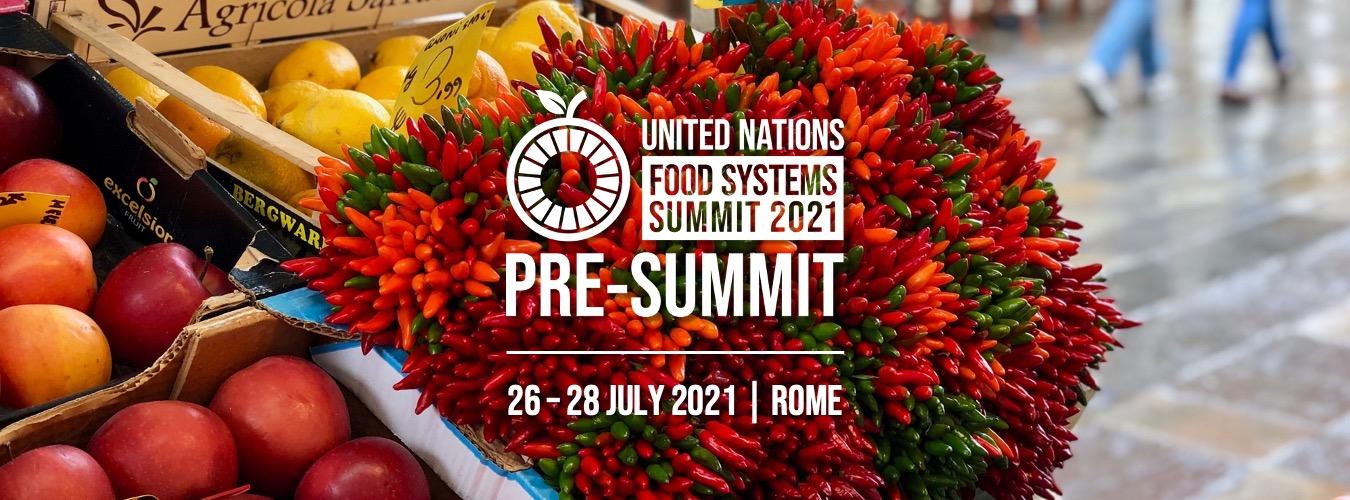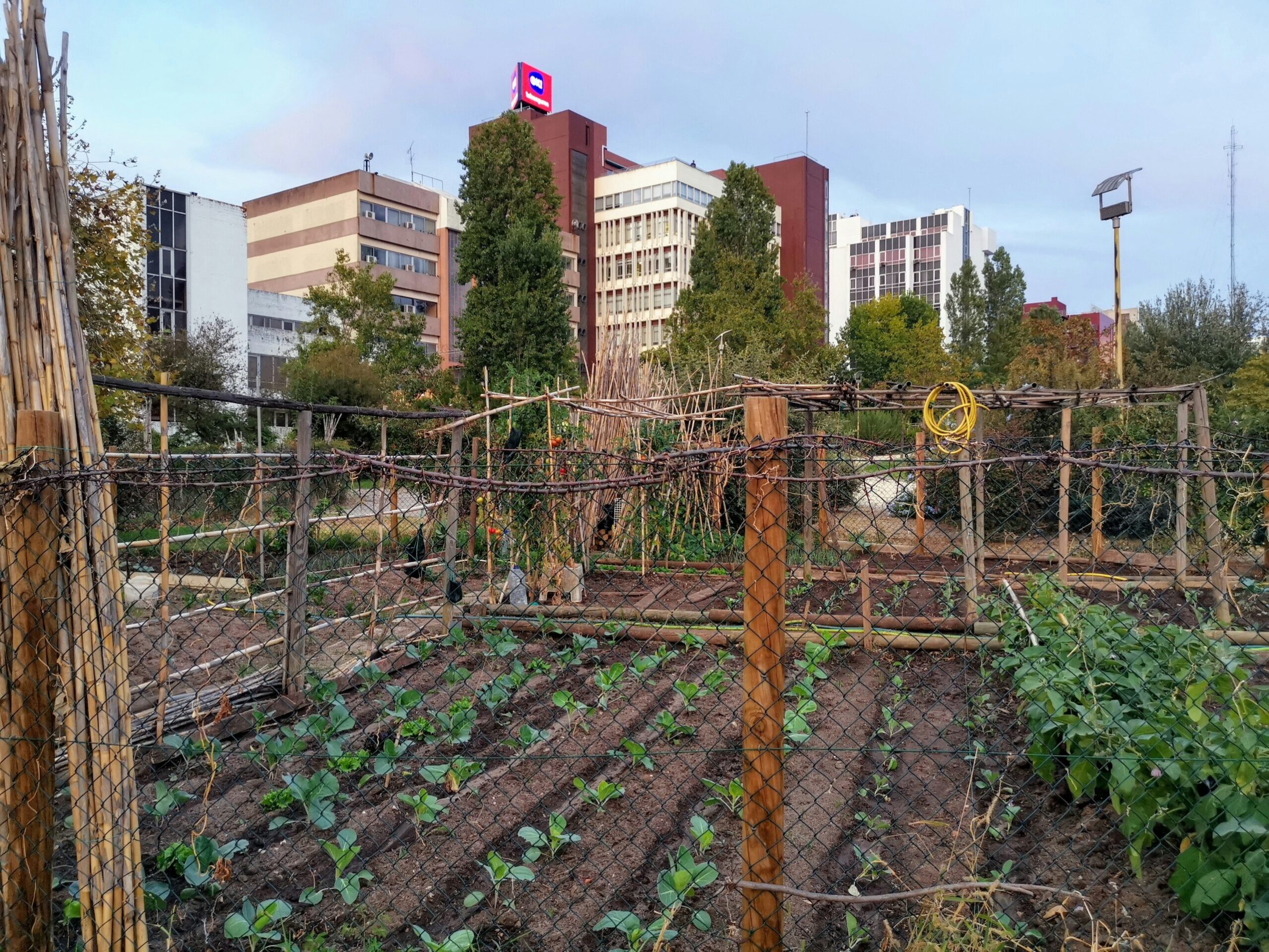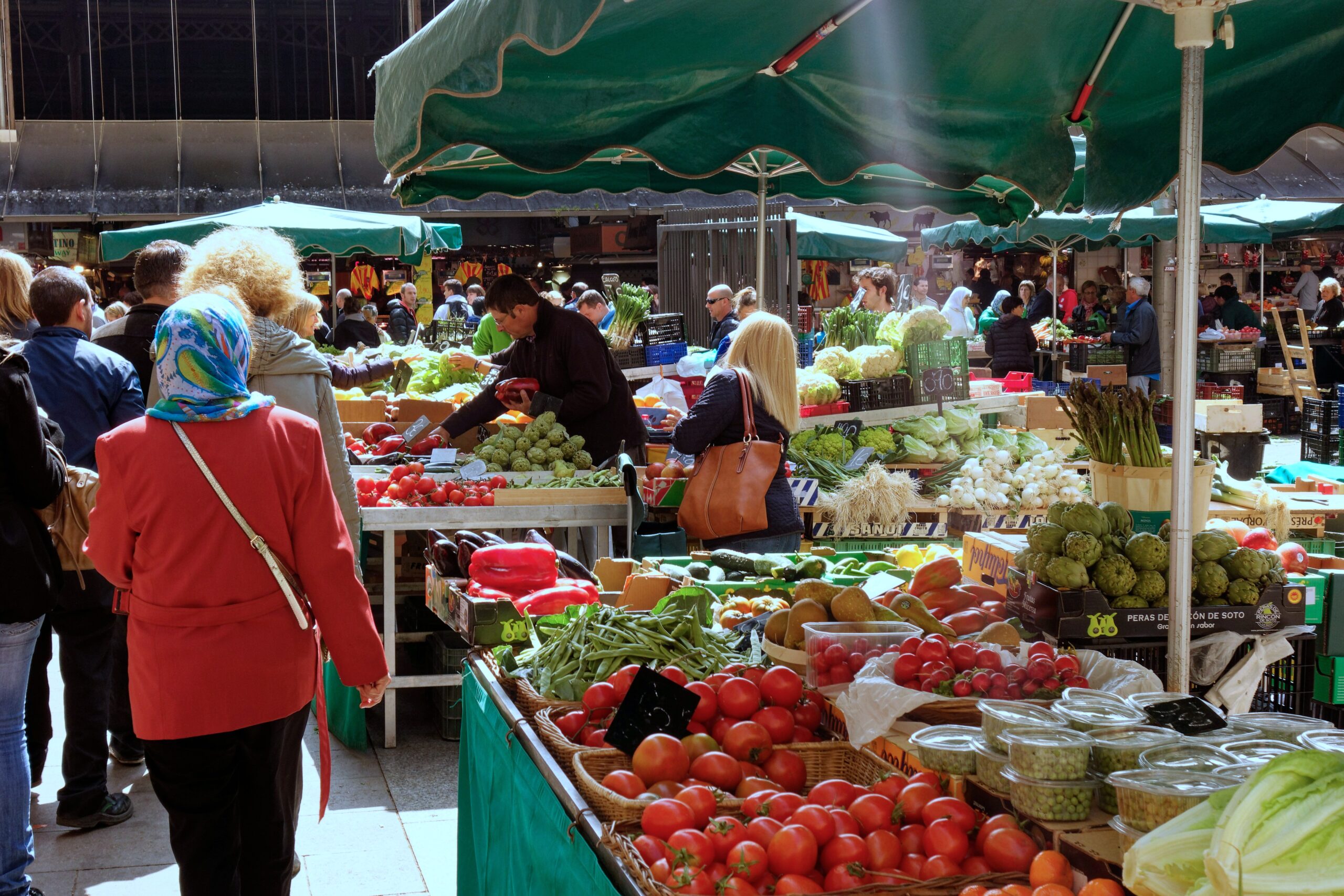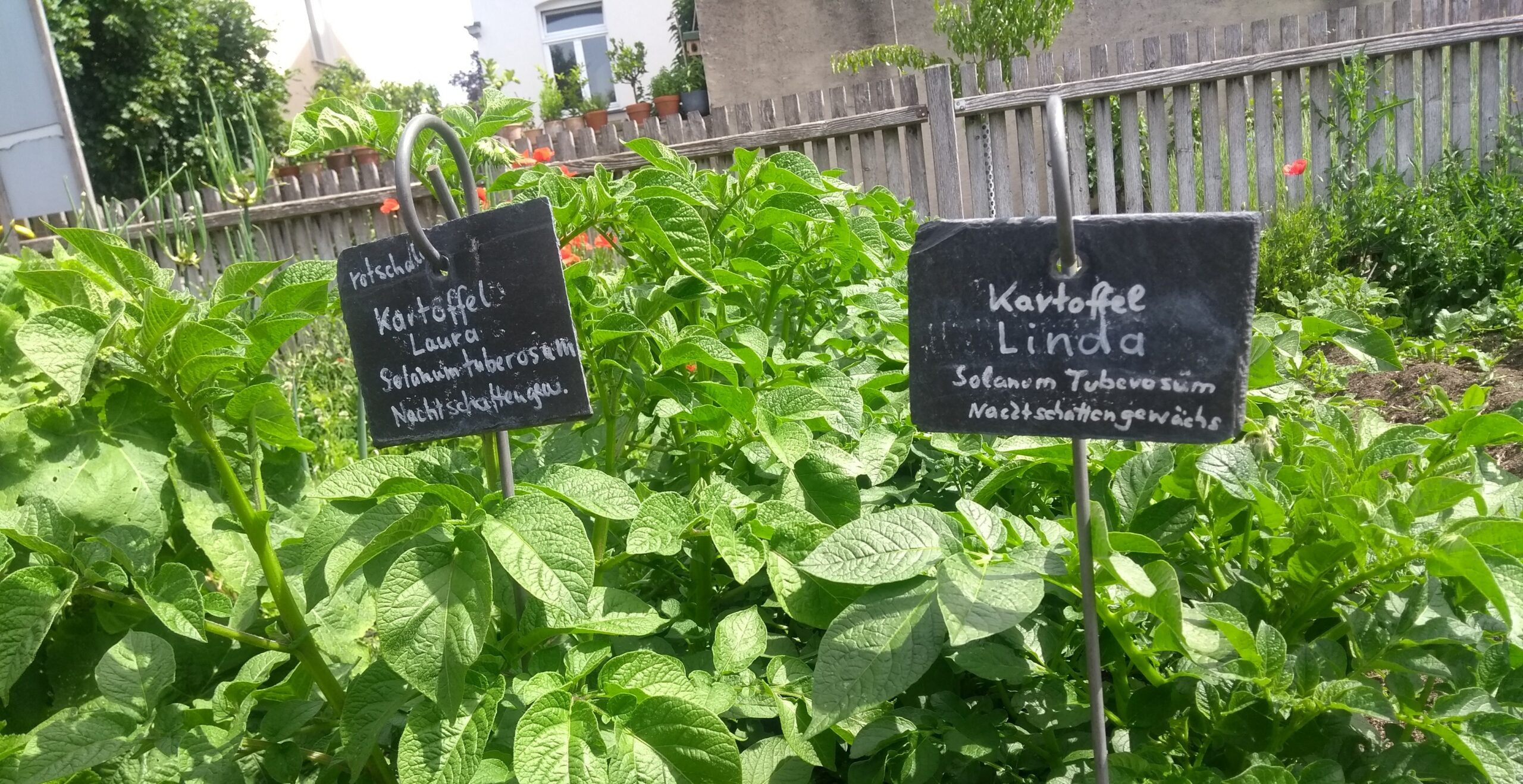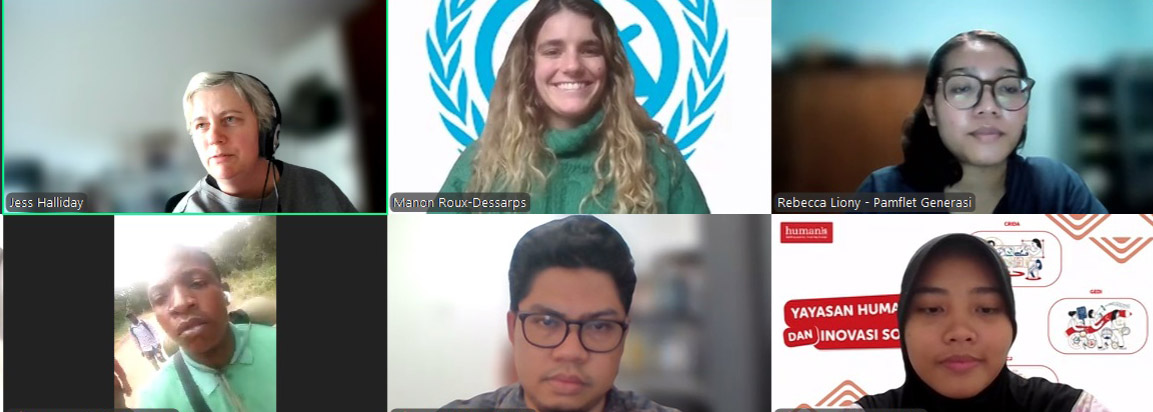Date: July 28, 2021
Time: 9:00 – 10:30 CEST
Location: Virtual event.
Sign up here. Full programme here.
A special session on City and Local Food Systems will take place next Wednesday, 28th July as part of the UN Food Systems Pre-Summit, highlighting the particularities of urban food systems, their vulnerability, and the need for multilevel governance that includes local governments and citizens, to bring about food systems transformation.
Hosted by the Government of Italy, the UN Food Systems Pre-Summit will take place in Rome from 26–28 July 2021. The Pre-Summit will set the stage for the main global UN Food Systems Summit in September. The event, which takes a hybrid virtual and in-person format, will bring together actors from around the world to discuss the latest evidence-based and scientific approaches to food systems transformation from around the world, launch a set of new commitments through coalitions for action and mobilize new financing and partnerships as against progress on all 17 Sustainable Development Goals (SDGs).
The virtual session on City and Local Food Systems takes place in Plenary Hall from 9:00 – 10:30 CEST. It has been organized following months of work by the Urban Food Systems Working Group (UFSWG), of which RUAF is a member alongside various other organisations, including UN agencies (led by FAO), city networks (MUFPP, C40, ICLEI, etc.) and several NGOs (Rikolto, GAIN, etc) and leading academics.
This group has also interacted with Action Track leaders and organised a Global Dialogue on Empowering Cities and Local Governments to Improve Food Systems Globally (see here and here). Led by ICLEI and FAO, a number of City Dialogues were also organized, for instance in Nairobi, Antananarivo, and actively supported by RUAF, CRFS and WLE in Tamale and Accra in Ghana (recordings of dialogues in African cities are available here).
The UFSWG identified emerging themes from these dialogues, consultations with cities, and other discussions, and has developed a series of key messages concerning:
- systemic and multilevel governance;
- equity and inclusion;
- integrated local food planning;
- school nutrition and procurement;
- healthy food environments;
- food waste;
- emerging planning response and recovery
The UFSWG is also developing a Call to Action for a Coalition for Action on urban and local food systems.
The road to the UNFSS
Since last year, the Summit has hosted regular online meetings, public forums and surveys organized around the Summit’s five action tracks (https://www.un.org/en/food-systems-summit/action-tracks). The aim has been to ensure the broadest possible participation and range of perspectives and ideas to develop food systems that cater to all. The process was not always transparent or easy to follow, and actors who tend to be addressed as “all people” or “marginalized” were, by and large, unable to join and participate fully.
RUAF partners have been involved in a number of different initiatives. RUAF has submitted various ideas to the Action Track leads, related to social inclusion and resilience. IWMI and RUAF Secretariat also participated in the Science days early July (see reports here and here).
RUAF participates in these fora to raise the voice of, and empower, cities and citizens, in acknowledgment of the variety of experiences, positions and capacities of the RUAF partners.
Food Systems for People
As the RUAF Secretariat, we also acknowledge the existing knowledge, experiences and lessons learned where the Covid-19 crisis exacerbated existing structural problems of dominant and increasingly globalized food systems. More than ever, there is a need for localized and inclusive food systems, and a human rights-based and agroecological transformation of food systems that involves informal sector actors, such as (but not exclusively) small holders, vendors, slum dwellers.
These voices will take centre stage in the Food Systems for People initiative from 25th to 27th July, including the session on “Africa response to UNFSS: Let’s reclaim our food sovereignty and transform the industrial food system”, which is online Tuesday 27, 13.30 – 15:00. RUAF Partners Hivos Africa and Mazingira Institute (representing Habitat International Coalition) which is also a member of the Civil Society Mechanism, join many other organisations in this plea, see here.
Part of the call of Food System for People to the UNFSS is to acknowledge the work of the High-Level Panel of Experts (HLPE) of the Committee on World Food Security (see also here and here). Game changing solutions and coalitions for action that are being formed and will further guide the food systems transformation need to be more transparent. These game-changers need to take into account long time acknowledged key elements of food systems change, namely food sovereignty, gender justice, climate justice, economic and social justice, biodiversity, people’s and planetary health. These elements, say the organisers of Food Systems for People, are “preconditions for lasting peace”.

